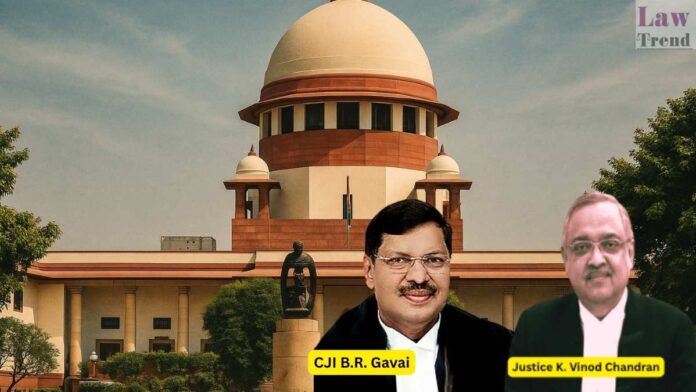The Supreme Court of India, in a judgment dated October 31, 2025, has set aside the termination of two Assistant Teachers from Uttar Pradesh, holding that their subsequent acquisition of the Teacher Eligibility Test (TET) qualification before the statutory deadline of March 31, 2019, protected their services. The bench, comprising Chief Justice B.R. Gavai and
To Read More Please Subscribe to VIP Membership for Unlimited Access to All the Articles, Download Available Copies of Judgments/Order, Acess to Central/State Bare Acts, Advertisement Free Content, Access to More than 4000 Legal Drafts( Readymade Editable Formats of Suits, Petitions, Writs, Legal Notices, Divorce Petitions, 138 Notices, Bail Applications etc.) in Hindi and English.




